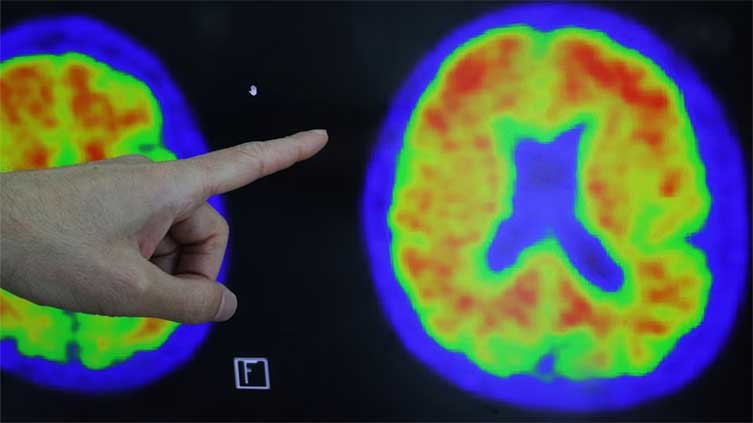US to build $300 mln database to fuel Alzheimer's research

Will fetch data from medical records, insurance claims, pharmacies, mobile devices, sensors
CHICAGO (Reuters) - The U.S. National Institute on Aging (NIA) is funding a 6-year, up to $300 million project to build a massive Alzheimer's research database that can track the health of Americans for decades and enable researchers to gain new insights on the brain-wasting disease.
The NIA, part of the government's National Institutes of Health (NIH), aims to build a data platform capable of housing long-term health information on 70% to 90% of the U.S. population, officials told Reuters of the grant, which had not been previously reported.
The platform will draw on data from medical records, insurance claims, pharmacies, mobile devices, sensors and various government agencies, they said.
Tracking patients before and after they develop Alzheimer’s symptoms is seen as integral to making advances against the disease, which can start some 20 years before memory issues develop.
Alzheimer's research has been galvanized by Leqembi, a new treatment from Eisai Co Ltd and Biogen Inc that slows advance of the disease in early-stage patients.
The database could help identify healthy people at risk for Alzheimer's, which affects about 6 million Americans, for future drug trials. It also aims to address chronic underrepresentation of people of color and different ethnicities in Alzheimer’s clinical trials and could help increase enrollment from outside of urban academic medical centers.
Once built, the platform could also track patients after they receive treatments such as Leqembi, which won accelerated U.S. approval in January, and is widely expected to receive traditional FDA approval by July 6.

